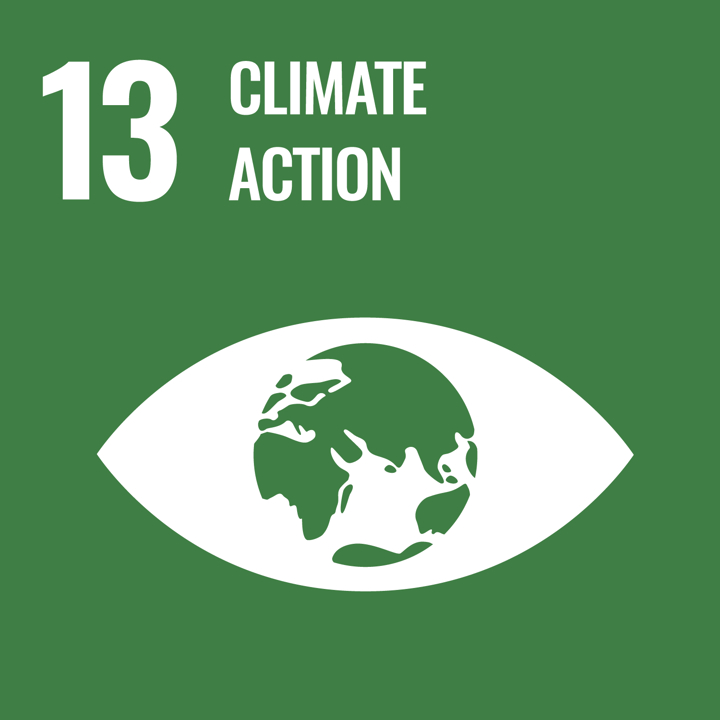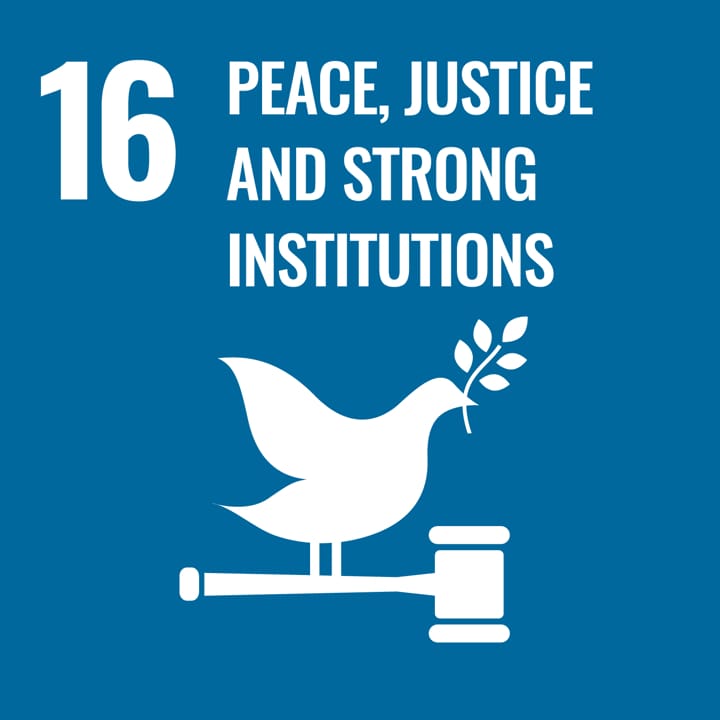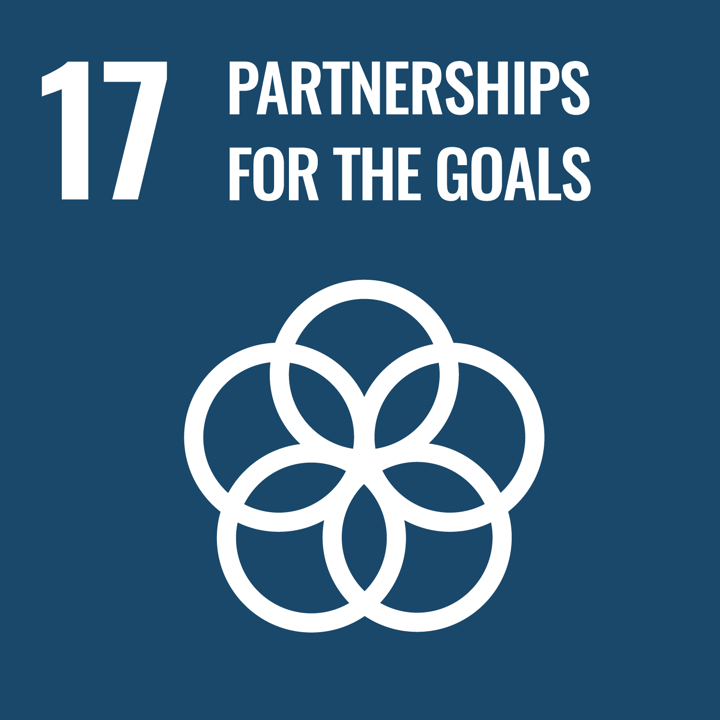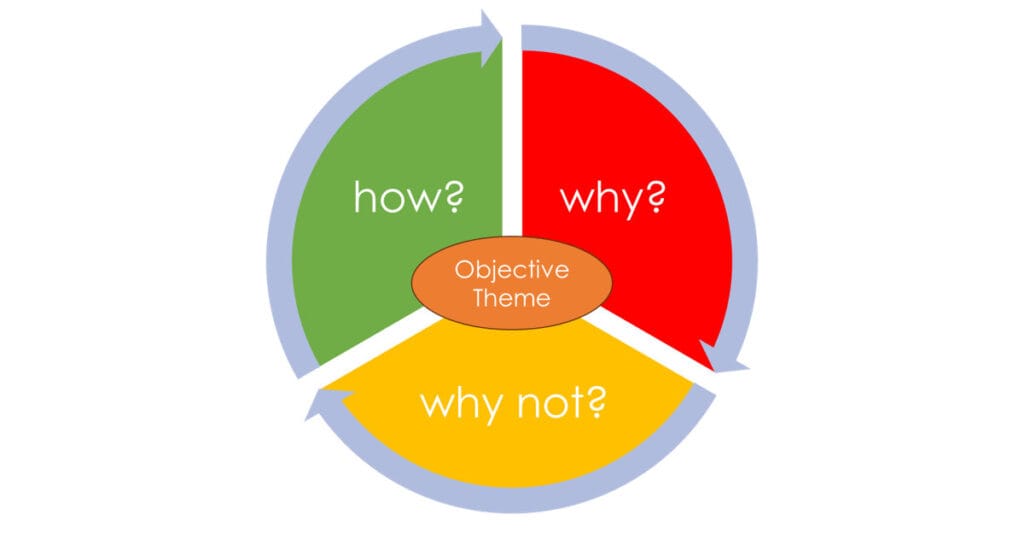
Beoogde eindgebruiker: Leraar, Schoolleider, Lerarenopleider
Leeftijdsgroep: Lager secundair; Hoger secundair
Schoolcurriculum: Natuurwetenschappen; Maatschappijleer, Lichamelijke Opvoeding en Gezondheidsleer; Maatschappijleer en Milieukunde; Talen; Bedrijfskunde; Toegepaste Natuurwetenschappen
Thema's en onderwerpen: Collectieve actie; pedagogische benaderingen
Duur: Minstens 90 - 120 minuten in een klas.
Maar kan ook worden uitgebreid voor complexere onderwerpen zoals een project of workshop. Voor diepere reflectie of implementatie in het schoolgezin zijn 3 uur geschikt.
Type bron: Richtlijnen en opmerkingen, Lesplannen
Trefwoorden: Participatief leren; Samenwerkend leren; Kritisch denken; Interactieve onderwijsmethoden; Probleemoplossende strategieën; Hulpmiddelen voor klassikale discussies
Talen: Engels, Duits
Beschrijving
Deze bron biedt een kant-en-klare handleiding voor het implementeren van de Wereldcafé methode, een gestructureerde maar flexibele discussievorm die samenwerkend leren, creativiteit en kritisch denken stimuleert. De methode is ontworpen voor docenten en begeleiders en biedt een stapsgewijze aanpak om deelnemers te betrekken bij een zinvolle dialoog over verschillende onderwerpen.
De bron bevat:
- Tips voor effectief faciliteren en documenteren van resultaten
- Een gedetailleerde uitleg van de World Café-methodologie
- Richtlijnen voor het structureren van discussies met roterende gesprekken in kleine groepen
- Print sjablonen inclusief rolkaarten en moderatiekaarten met belangrijke vragen om betrokkenheid te stimuleren
Een van de voorbeelden onderzoekt creativiteit in de klas en leidt deelnemers door discussies over waarom creativiteit belangrijk is, uitdagingen in het stimuleren ervan en praktische onderwijsbenaderingen. De methode ondersteunt collectieve besluitvorming, kennisuitwisseling en innovatief denken, waardoor het bijzonder waardevol is voor onderwijs voor duurzame ontwikkeling (EDO), schoolleiderschap en professionele ontwikkeling.
Met een minimale implementatietijd van 90-120 minuten kan het World Café gemakkelijk worden aangepast aan verschillende leeromgevingen, van workshops voor docententraining tot discussies in de klas. Door actieve deelname en gezamenlijk leren te stimuleren, verbetert deze aanpak de probleemoplossende vaardigheden en moedigt het docenten aan om traditionele onderwijsmethoden te heroverwegen.
Ideaal voor: Docenten, trainers en begeleiders die interactieve, studentgerichte leerervaringen willen creëren.
Bevordert betrokkenheid bij kwesties die de hele schoolfamilie aangaan.
Downloadbare materialen zijn inbegrepen om direct toe te passen.
Hoe gebruik je deze bron
Deze World Café-bron is een inleiding tot de discussiemethode "World Café". Het bevat een stap-voor-stap handleiding die ontworpen is om docenten en facilitators te helpen interactief, op discussie gebaseerd leren effectief te implementeren. Ter illustratie en ondersteuning van de praktische toepassing biedt de bron een kant-en-klare implementatie over het onderwerp "Creativiteit in het onderwijs", inclusief gedetailleerde instructies, tips voor het faciliteren en afdrukbare materialen voor eenvoudig gebruik.
De middelen
Wereldcafé PDF:
Leerresultaten (Docenten)
- Eliciteren van voorkennis en verder ontwikkelen van kennis en begrip van de belangrijkste concepten van Duurzaam Burgerschap, waarbij gevestigde wereldbeelden en waarden in twijfel worden getrokken.
- een reeks geschikte hulpmiddelen en kaders toepassen om duurzaam burgerschap bij studenten te bevorderen
- Reflecteren op de praktijk en nationale curricula onderzoeken om mogelijkheden te identificeren om Duurzaamheidsburgerschap op interdisciplinaire manieren te bevorderen en samen te werken met externe belanghebbenden.
- Samen de kennis, hulpmiddelen en kaders synthetiseren om onderwijsmateriaal en lesplannen te maken die zijn aangepast aan hun eigen lokale context.
- Door middel van workshopactiviteiten en praktijkgemeenschappen capaciteit en agency opbouwen als docenten en leiders op het gebied van duurzaam burgerschap.
Leerresultaten (Leiderschap)
- Eliciteren van voorkennis en verder ontwikkelen van kennis en begrip van belangrijke concepten van duurzaam burgerschap om gevestigde wereldbeelden en waarden uit te dagen.
- Een reeks geschikte instrumenten en kaders toepassen om duurzaam burgerschap binnen hun scholen en gemeenschappen te bevorderen.
- Hun eigen nationale/regionale curricula, onderwijsbeleid, programma's en externe belanghebbenden onderzoeken om mogelijkheden te identificeren voor het bevorderen van duurzaam burgerschap in hun scholen en gemeenschappen.
- Samen kennis, hulpmiddelen en kaders synthetiseren om een visie te creëren voor het leveren van een schoolomgeving die de ontwikkeling van duurzaam burgerschap in hun gemeenschap ondersteunt.
- Door middel van workshopactiviteiten en praktijkgemeenschappen capaciteit opbouwen als docenten en leiders op het gebied van duurzaam burgerschap.
Groene competenties
- Duurzame waarden belichamen: Eerlijkheid ondersteunen
- Complexiteit omarmen in duurzaamheid: Systeemdenken; kritisch denken; probleemopstelling
- Duurzame toekomstvisies: Toekomstgerichtheid; Aanpassingsvermogen; Onderzoekend denken
- Handelen voor duurzaamheid: Collectieve actie
Creative Commons
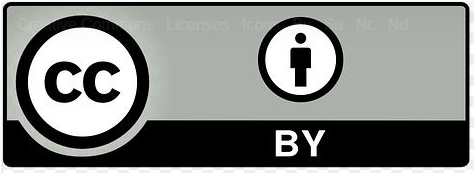
Dit hulpmiddel is aangepast door Cathérine Conradty van de Universität Bayreuth (UBT) op basis van materiaal dat oorspronkelijk is ontwikkeld door de World Café Community Foundation. De World Café-naam en -methode worden toegeschreven aan de World Café Community Foundation. Het oorspronkelijke materiaal is te vinden op https://www.theworldcafe.com. Deze bewerking valt onder de Creative Commons Naamsvermelding 4.0 Internationale Licentie (CC BY 4.0). In deze bewerking zijn wijzigingen aangebracht in het oorspronkelijke materiaal. Deze toekenning impliceert geen goedkeuring door de oorspronkelijke licentiegever.
SDG's

